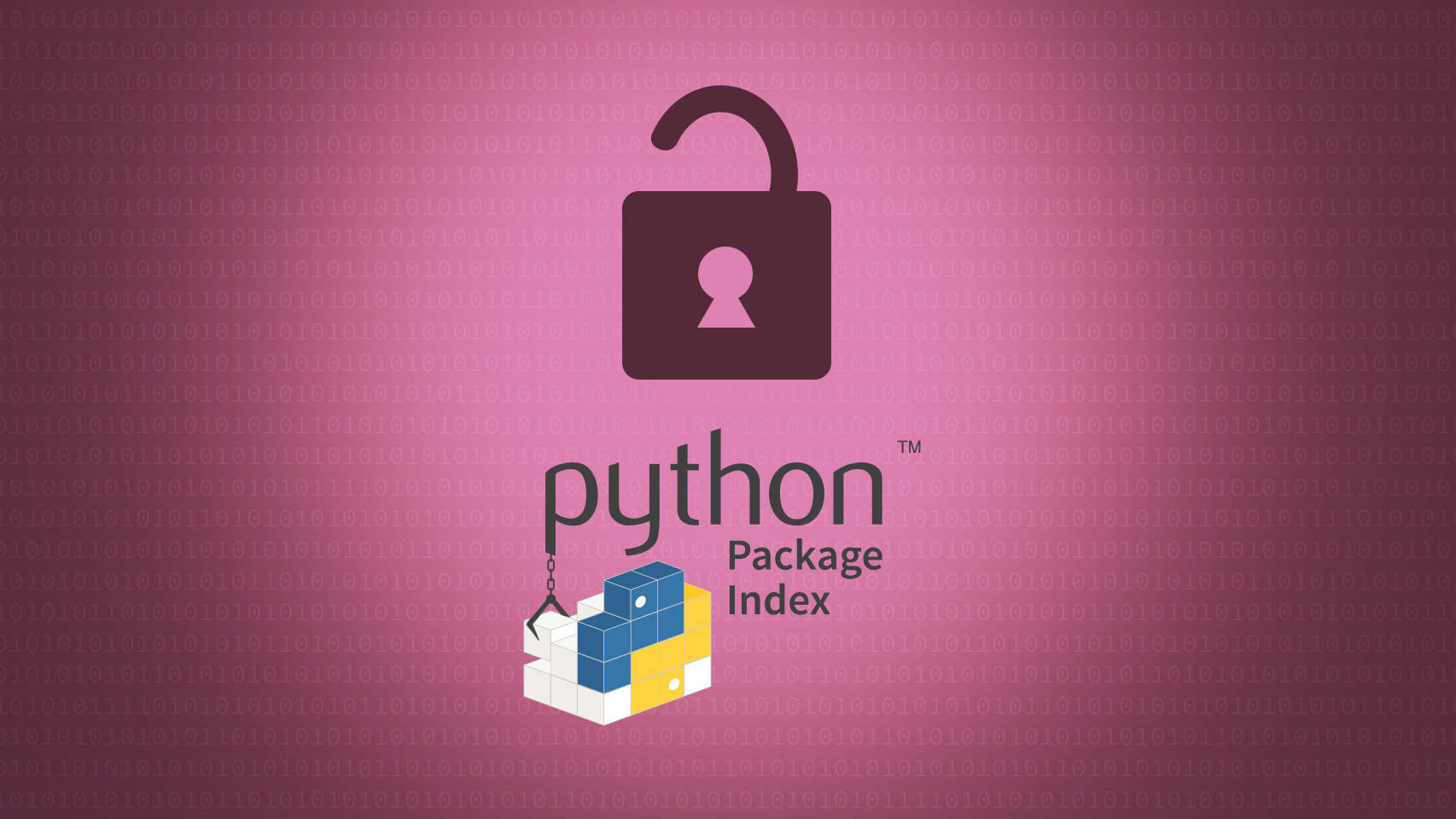Posit Package Manager for Python Data Teams

Level up your Python
Interested in more valuable Python tutorials and updates? Join our email list.
Managing Python packages across teams, time, and projects in an enterprise environment while ensuring they are secure, reproducible, and aligned with organizational policies is, to put it politely, missing an easy button.
Not anymore.
Posit’s Package Manager provides a structured approach to securely managing Python and R packages. Your data science teams will be able to securely access public and private packages they need in a controlled and reliable way that works for both IT and data teams.
Only what you need, online or offline
Package Manager enables curated repositories of approved packages from PyPI and blocking of packages with known security vulnerabilities. Custom exceptions can be made to allow teams to stay productive in less risky environments. Package Manager works just as well in offline environments if your servers are air-gapped.
Curated Repositories
Package Manager enables organizations to establish curated repositories, which act as an internally approved gateway to PyPI. Instead of data scientists directly accessing the sometimes unpredictable landscape of public PyPI, they connect to an internal selection of packages that have been sanctioned by your organization.
Vulnerability Blocking
While curated repositories define what is allowed, package blocking in Package Manager provides a powerful mechanism to explicitly define what is not allowed. Admins can actively prevent specific Python and R packages from being used within their organization. When the risk is low, your teams can add exceptions to allow any packages critical to their research.

Air-gapped Use
Posit’s Package Manager is designed to function effectively in offline settings. Admins can now specify version constraints for individual PyPI packages when setting up or updating their offline repositories. Instead of being forced to download and store all historical versions of every package, admins can choose to bring only specific versions, or ranges of versions, into the air-gapped environment. When syncs are required, admins can sync based on diffs, removing the need to redownload entire repositories and saving significant time.
Why these matter:
By supporting a controlled environment for package access, Posit Package Manager helps teams manage security risks and support compliance with industry regulations while staying productive.
- Pharma and Healthcare: Handling sensitive patient data and adhering to health regulations requires careful management of tools. Using packages with vulnerabilities alongside sensitive data introduces risks. Package Manager helps admins provide validated packages, including private packages while supporting audits and meeting regulatory requirements. The ability to create a secure, offline package environment helped Unity Health Toronto build and deploy a secure model that resulted in a 26% decrease in unexpected deaths.
- Government: Package Manager confidently assists IT in managing Python packages while supporting security and compliance. It helps manage access to sensitive data and integrates package vulnerability data, including CVE scores when available.
- Finance & Banking: Financial institutions work with confidential data and must comply with regulations like SOX. Avoiding errors and managing data access securely is important in these regulated environments. Package Manager helps IT enforce access controls and respond to audit requirements while still empowering data teams with the packages they need to create insights for the organization. Package Manager helps block vulnerabilities and can require authentication for repositories with sensitive packages, further improving auditability and safe access.
Include your private packages and require repo-level authentication
With Package Manager, your data teams can also easily distribute your private packages. As of April 2025, your admins can even require authentication on their choice of repositories in Package Manager.
Private package distribution
Package Manager also allows hosting and sharing of internally developed packages. It centralizes management for Python and R packages and integrates with Posit Workbench and Posit Connect.
Your admins can create a single repository that brings your private packages alongside public PyPI packages, giving your organization a single source of truth. This makes your internal packages as easy to pip install as public ones, and your teams will thank you for it. Teams will be able to share and reuse internal code assets and ensure team members use the same approved package versions. Standardized package management workflows greatly simplify moving projects from development to deployment.
Repo-level authentication
Admins can configure specific repositories within their Package Manager instance to require credentials, primarily via API tokens, for access. In a future release, we will upgrade this feature to enable SSO authentication.
Why these matter:
By helping simplify package management, standardizing environments, and enabling the sharing of internal code and repo-level authentication, Package Manager supports team productivity and efficiency with streamlined data science and research workflows that get the right packages into the right hands without jeopardizing your sensitive data.
If you’ve read this far, I think you get the point. IT and data teams can have their Python cake and eat it, too: shared resources that are secure and empowering, no matter what industry you work in.
The difference
Unlike generalist package managers, Posit’s Package Manager is focused on the needs of both IT teams and data science teams. Our curation and security features reduce risk for organizations while empowering Python data science and research teams to deliver reliable insights to decision-makers faster than ever before.
It’s not too good to be true; it’s just true. We are happy to chat if you are ready to learn more.
See what Package Manager can do for your teams.
Happy Python package management to those who celebrate. We do!
